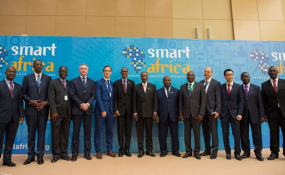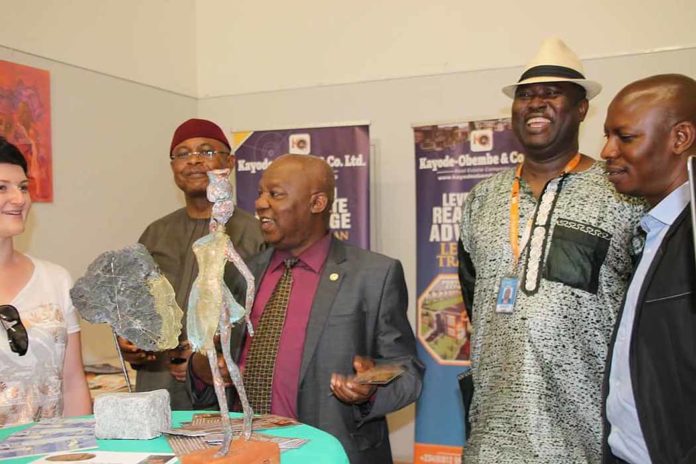The African Union has set an ambitious self-financing targets of $1.2 billion (about Rwf898 billion) annually to reduce heavy dependence on external partners to finance development projects.
There has been a heavy reliance on donor support which experts say affects and influences the bloc’s priorities and approach to dealing with continental affairs.
In the current (2016) $475-million budget, international partners and donors contributed up to 76 per cent.
African Heads of State and Government asked former African Development Bank president, Dr Donald Kaberuka, to work out a self-financing formula practical to member countries.
The formula was presented and adopted at a retreat of Heads of State and Government and finance ministers on Saturday.
According to Finance and Economic Planning minister Claver Gatete, under the new formula, countries’ contributions will be increased through 0.2 per cent levy on eligible imports which is expected to raise about $1.2 billion every year.
Beginning 2017, the levy will be collected by tax collection authorities of African countries and channeled through central banks of member countries.
By channelling the money through the central bank as opposed to collecting it from the treasury, Gatete said it would prevent defaulting by member countries or delayed payments that have been rampant in the past.
Additional funds from this model will go into financing the commission’s activities, programmes and peacekeeping operations.
“Last year, the Heads of State took a bold decision and gave instructions that African countries should finance 100 per cent of the operational activities of the African Union Commission, they should finance at least 75 per cent of programmes of the African Union and also finance at least 25 per cent of peace keeping operations on the continent. We have been trying to work out an approach to achieve this,” the Minister said.
The retreat also agreed that each of the four regions should contribute $65 million for peacekeeping activities to raise a total of $320 million.
Previously, countries’ contributions have been solely on a formula based on the gross domestic product of respective economies.
The formula that had been built on principles of solidarity, equitable payment, capacity to pay and ensuring that no country is left behind, Gatete said.
“Under the current formula, country contributions were a portion of their GDP. The main issues around this model have been defaulting and delays in releasing the money leaving contributions to donors,” he said.
Source: The New Times



